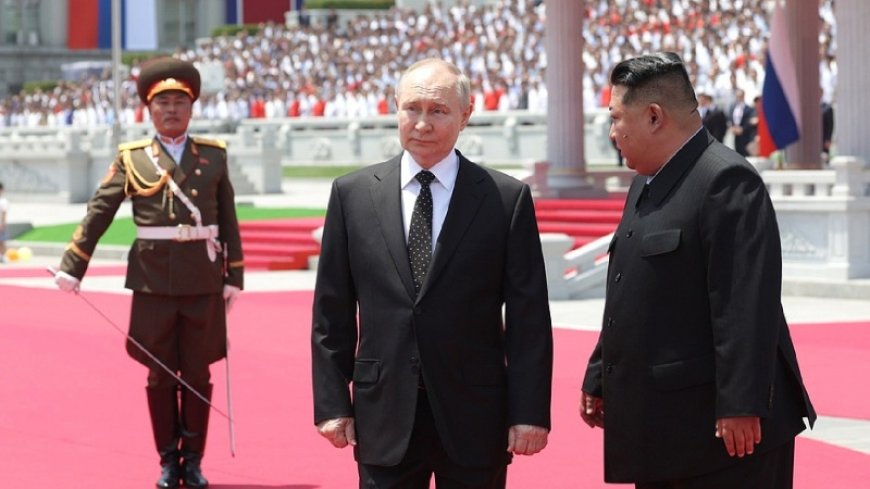Putin's tour, spanning four days, included stops in Pyongyang and Hanoi, which American analysts and media outlets interpreted as a significant geopolitical maneuver potentially undermining US influence in the region.The New York Times highlighted the visit as a provocative move by Putin, emphasizing its implications for US-Russia relations. The newspaper described the trip as a stark reminder of Russia's enduring military and diplomatic ties in Asia, particularly with countries like North Korea and Vietnam.
According to reports from TASS news agency, Putin's visit from June 18 to 20 marked a high point in diplomatic protocol, underscoring Russia's commitment to strengthen ties with key Asian partners.
During his visit to Vietnam, Putin and Vietnamese leaders signed nearly a dozen agreements, including declarations aimed at deepening the comprehensive strategic partnership established under the 30th anniversary of the Russian-Vietnamese Treaty on Friendly Relations.
In Pyongyang, Putin's discussions with North Korean President Kim Jong-un resulted in the signing of a comprehensive strategic partnership agreement. Additional agreements focused on cooperation in medicine, medical education, and science, as well as a significant contract to construct a bridge over the Tomanaya River on the border between the two nations.
Moscow's insistence on maintaining strategic ties with Pyongyang and Hanoi amid international scrutiny underscores Russia's intent to bolster its influence in Asia, a region traditionally within US spheres of interest.
The developments have raised concerns in Washington about Russia's expanding footprint in Asia, posing challenges to US foreign policy goals in the region. As geopolitical tensions continue to evolve, observers anticipate further diplomatic maneuvers and strategic alignments among global powers in Asia-Pacific affairs.














































